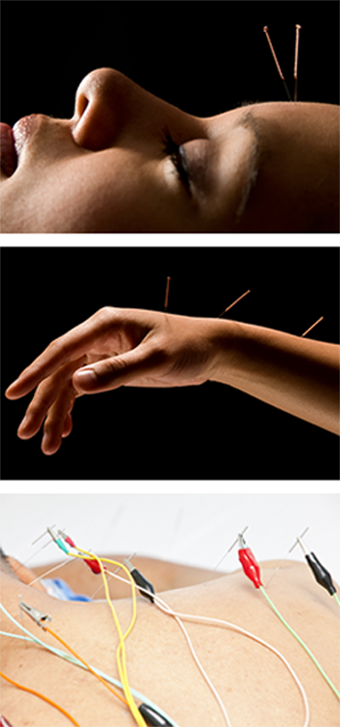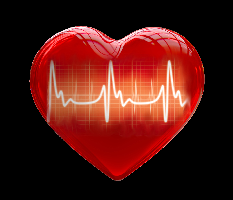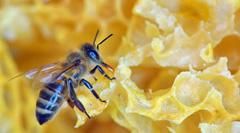What is Acupuncture?
Acupuncture and Traditional Herbal Medicine is a complete medical system that has been used effectively throughout Asia for thousands of years to treat a wide range of health problems.
The acupuncture medical technique involves penetrating the skin with hair-thin, solid needles accurately and gently at specific pressure points. The needles are inserted to various depths depending on the part of the body and the conditions that are being treated and may also be manipulated by the hands or by electrical stimulation.
How does Acupuncture work?
The body has an innate healing response, and it is only when the body cannot repair itself that a problem becomes chronic. Acupuncture restarts or resets this healing process by regulating the flow of qui energythrough the body. This flow of energy acts as a communication network that promotes healing and normalizes function of the body's systems.
In the modern medical science's view, it is proposed that acupuncture produces its effects through regulating the nervous system, thus aiding the activity of pain-killing biochemicals such as endorphins and immune system cells at specific sites in the body. In addition, studies have shown that acupuncture may alter brain chemistry by changing the release of neurotransmitters and neurohormones and, thus, affecting the parts of the central nervous system related to sensation and involuntary body functions, such as immune reactions and processes that regulate a person's blood pressure, blood flow, and body temperature.
Since acupuncture treats the whole person and not just a specific symptom, it has positive effects in virtually any ailments.















